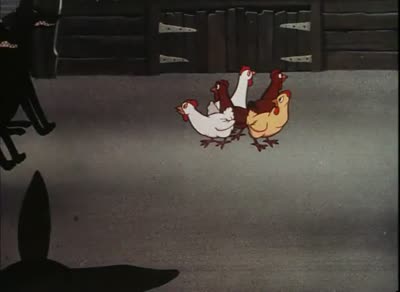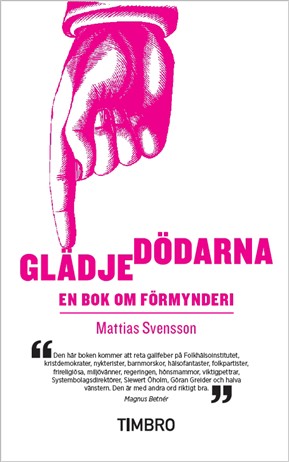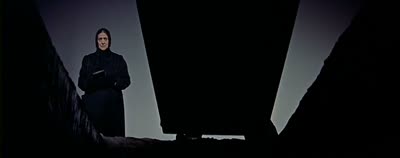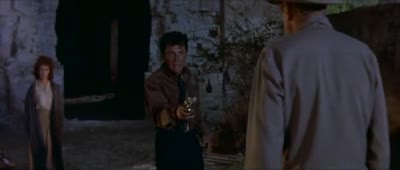(Update: I was probably wrong. See comment.)
I think I may have had a flame war with Anders Behring Breivik in May 2005. A Norwegian reader called “AB” didn’t like one of my articles, at all.
“When in hell did this blog become a dull, quasi-intelligent, “hurray, let’s get islamized left wing”-blog?”
“I am hereby calling for a boycott of Bjørn Stærk. Why the hell are we here discussing his thoughts when there are so many truly great sites on the web? Ask yourself: Does this retarded bulwark of islamofascism and Eurabia deserve me as a reader?”
If they’re the same person, then, on the positive side, the greatest mass murderer in the history of Norway despises me. But the scary thing is, the greatest mass murderer in the history of Norway despises me.
I stand by what I wrote to him in that thread. I wish he had listened. But I also wish I could unsay this:
”AB, leaving your anger management issues aside for a moment, (entertaining though they are),”
Regardless of whether “AB” is him, it’s plausible that Behring Breivik encountered my blog in the years after September 11. There weren’t many other Norwegian blogs that were critical of Islam around back then, and until I started confronting my islamophobe readers in 2004-5, I had quite a few of them.
Feeling sick, now.









